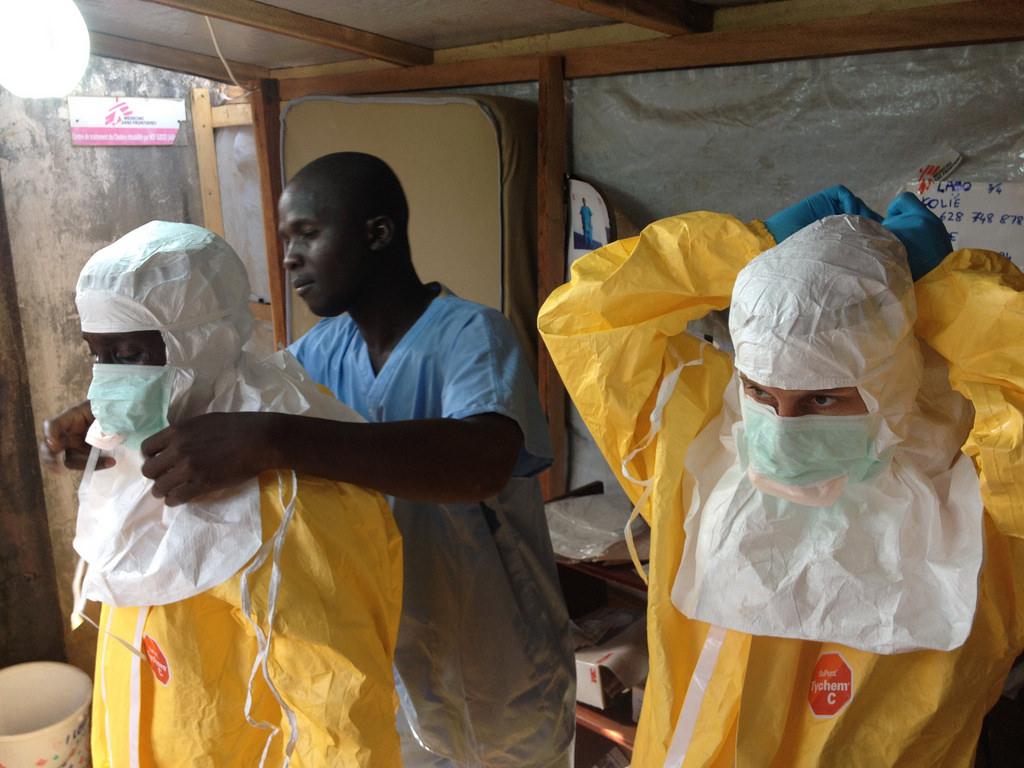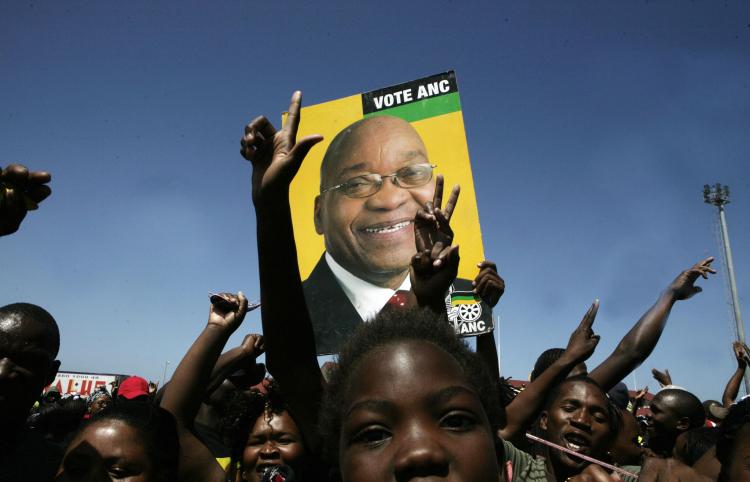Insiders Insight: Stealing blood from West Africa


Credit: EC/ECHO.
African Arguments is and always will be freely-accessible to everyone.
But we also have a separate spin-off product called the Insiders Newsletter. It consists of weekly emails with additional snappy insights on topics such as elections, conflict, health and more. It’s for those who want a bit extra and comes with a small subscription fee: $10/month ($15 if you want to be a generous “supporter”) or $100/year ($150 for supporters).
The income from the Insiders Newsletter goes towards keeping African Arguments, and all its free content, going.
Each week, we publish the table of contents and a free segment from the Insiders Newsletter on African Arguments:
Click here to SUBSCRIBE.
Table of contents:
- What everyone is talking about
- Teff is coming home
- What we are talking about
- Tunisia’s ruling party ruptures
- Conflict Focus
- The Boko Haram Insurgency
- Health Corner
- Stolen blood
- Hear this word
- Sierra Leone’s sexual assault crisis
- What else?
Free segment: Continental health corner
Stolen blood
The export of thousands of samples of blood from the 2014-16 West African Ebola outbreak has raised significant ethical questions about who benefits from medical research.
In this case, the patients whose blood was collected and shipped to research facilities around the world were not consulted and their consent was never sought. It appears, according to a new piece in The Telegraph by investigative journalist and African Arguments contributor Emmanuel Freudenthal, that the governments of the countries that were fighting Ebola – Sierra Leone, Liberia and Guinea – were also largely kept in the dark.
Instead, researchers from countries including the US, UK, Germany and others, exported the samples abroad in a bid to conduct research into vaccines and treatments for the virus. While there are certainly scientific benefits if cures are discovered using these samples, there are likely also monetary gains – and now questions about who should share in them.
Some of the countries have written to the laboratories to reassert their ownership of the samples – and any research that they generate. But The Telegraph reports that some of the labs are unresponsive and overall engagement on the issue is limited.
Why this matters
This situation raises obvious questions about the ethics of extracting blood samples and then using them for research without even attempting to seek permission from the patients themselves, or their government representatives, at the very least. And while some ethicists argued that the public good that could emerge from a vaccine or cure outweighed researcher responsibilities to any of the patients, it reinforces a perception that patients – and particularly patients in the developed world – don’t have any rights.
Many of the patients Freudenthal spoke to agreed they would have allowed researchers to use the samples had anyone bothered to ask. And researchers in the African countries also underscored the question of why none of the laboratories bothered, at the very least, to integrate them into the research being conducted on the back of the suffering in their country.
- Ebola’s lost blood: Row over samples flown out of Africa (The Telegraph)
Discuss with @_andrew_green on Twitter
Click here to SUBSCRIBE.





